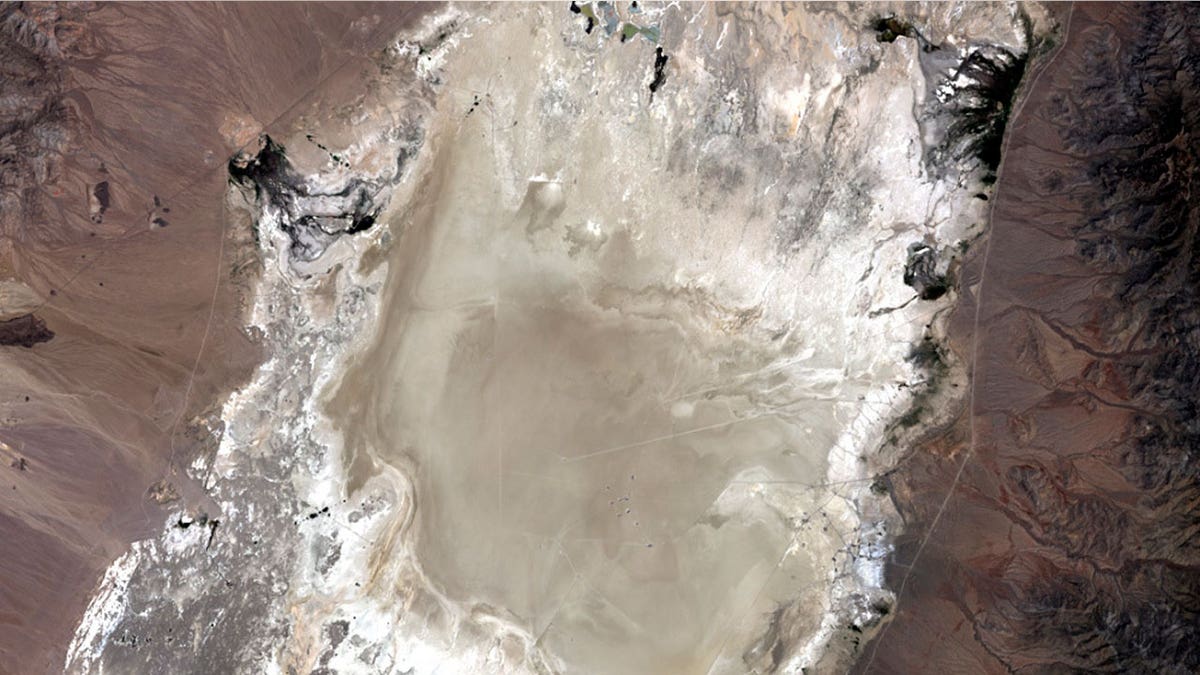A unique conflict has arisen in Nevada's desert: the need for lithium for electric vehicle batteries clashes with NASA's requirement for an undisturbed landscape for satellite calibration. An ancient lakebed in eastern Nevada, rich in lithium reserves, also serves as a crucial site for calibrating satellite measurements. NASA has requested protection for this area, and the Bureau of Land Management (BLM) has agreed to withdraw it from potential mining activities.
This decision adds another layer to the ongoing disputes surrounding lithium mining in Nevada. Environmental groups, ranchers, and tribal leaders have long opposed such projects. However, NASA's intervention introduces a new dimension, highlighting the tension between developing clean energy resources and preserving vital scientific infrastructure. The flat, undisturbed terrain of the lakebed is unparalleled in the Western Hemisphere and essential for ensuring the accuracy of data from hundreds of orbiting satellites.
NASA emphasizes the importance of this site for maintaining the functionality of satellites and their applications, ranging from weather forecasting and national security to agricultural monitoring and disaster response. The agency asserts that no other location in the US can replicate the conditions necessary for this calibration process. The BLM, acknowledging NASA's concerns, has withdrawn approximately 36 square miles of land northeast of Las Vegas from potential mineral exploration.

A satellite image of Railroad Valley (RRV), the dry lakebed in Nevada used for ground-based calibration of Earth-observing satellite instruments. (NASA via AP)
This situation presents a paradox: lithium, crucial for electric vehicles and reducing greenhouse gas emissions, lies beneath land essential for monitoring climate change. Private companies like Planet Labs, which calibrates its satellites at the Nevada site, underscore the importance of accurate satellite data for various sectors. However, Congressman Mark Amodei (R-NV) has criticized the decision, arguing that it contradicts the Biden administration's goals of promoting renewable energy and reducing carbon emissions.
3 Proton Lithium Inc., the company holding mining claims in the area, argues that their brine pumping operations would minimally disturb the surface. They emphasize the economic benefits and the importance of domestic lithium production for the green energy transition. However, NASA maintains that any risk to the site's integrity is unacceptable, given its vital role in ensuring the accuracy of satellite data for numerous applications, including climate change monitoring.
Comments(0)
Top Comments